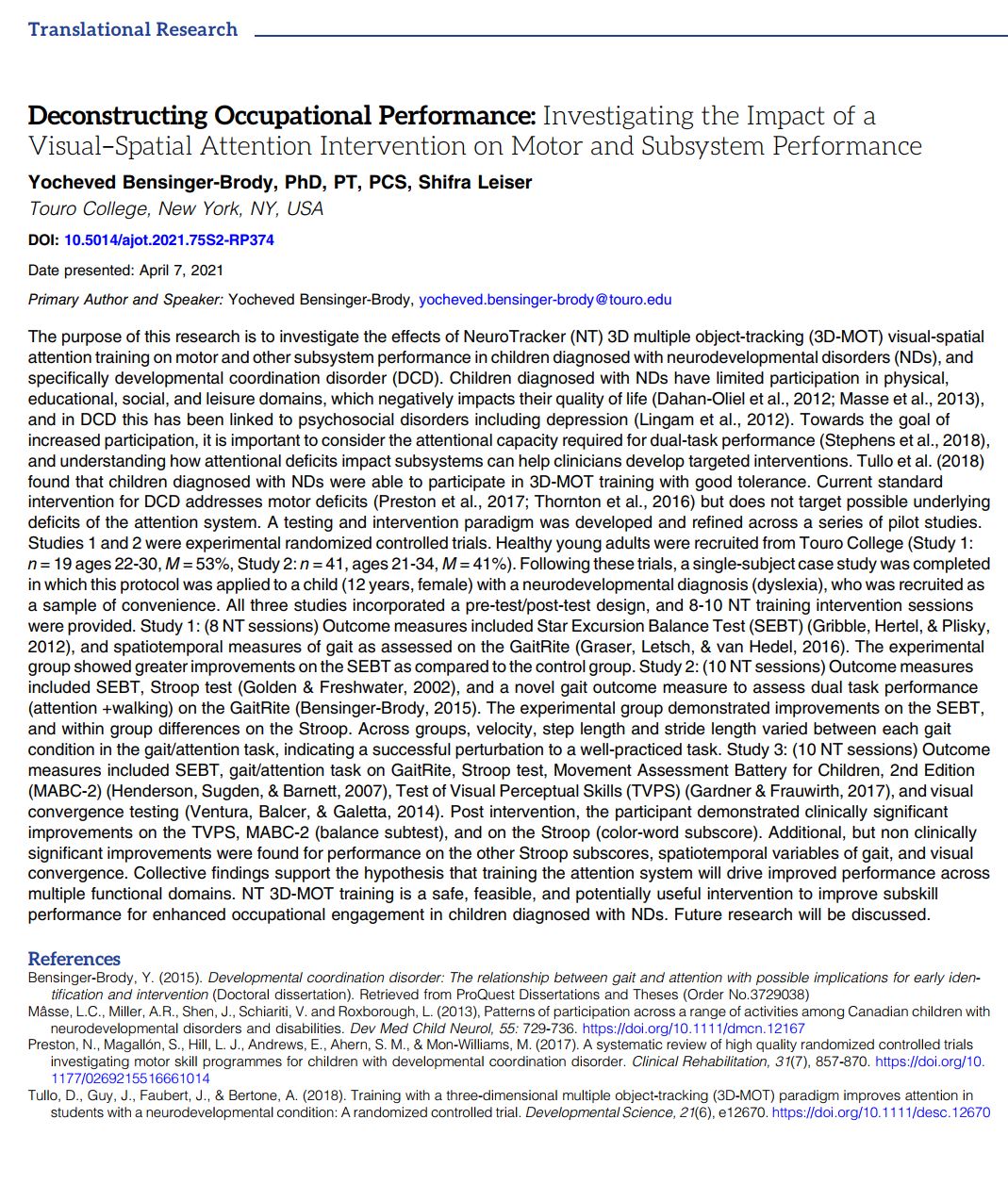Welcome to the Research and Strategy Services at in today's fast-paced.


If you’ve ever sustained a concussion or head injury, you know how debilitating it can be. Even if you haven’t, you’ve probably heard of some symptoms that accompany a concussion: headaches, rage, an inability to concentrate and balance problems.
Sustaining one concussion is detrimental enough, but multiple studies show that sustaining two can be catastrophic. Unfortunately, head impacts in contact sports are quite frequent and the health implications of these consequences may be significant. Here are 5 possible long-term risks of repetitive head impacts and multiple concussions:
CTE is a degenerative brain disease found in athletes, military veterans and others with a history of repetitive brain trauma. In CTE, a protein called Tau forms clumps that slowly spread throughout the brain, killing the brain cells. Clinical symptoms of CTE include the progressive decline of memory and cognition, depression, suicidal behaviour, poor impulse control, aggressiveness, Parkinsonism and dementia.
The term first emerged in two case reports that involved two National Football League (NFL) players. These players suffered from a wide range of neuropsychological disorders after long careers playing football in high school, college and professionally.
Evidence suggests that CTE is caused by repetitive hits to the head sustained over a period of years. It’s important to note that you don’t have to suffer from a full-blown concussion to get this disease. In fact, evidence points to subconcussive impacts, or repetitive hits to the head as the biggest factor!
Depression is a mental disorder that affects how someone feels, thinks and acts. It can lead to a variety of emotional and physical problems that can decrease a person’s ability to function at work and at home. Symptoms can include a loss of interest in activities once enjoyed, changes in appetite, sleeping issues and even thoughts of death or suicide.
Surveys of retired professional athletes provide some evidence that a history of multiple concussions increases the risk for depression. The researchers found an increasing linear relationship between history of concussion and diagnosis of lifetime depression. Compared with retired players with no history of concussion, retired players who had 3 or more concussions were 3 times more likely to have been diagnosed with depression. Those with a history of one or two previous concussions were 1.5 times more likely to have been diagnosed with depression.
While imaging research is beginning to explore the relationship between depression symptoms and brain white abnormalities in retired athletes, more studies need to be conducted.
Also known as “punch-drunk syndrome,” dementia pugilistica is a neurodegenerative disease found in people who have suffered multiple concussions. The term derives from the word “pugil,” which means boxer or fighter in Latin, as it was first discovered among boxers in the 1920s. People who suffer from this condition commonly experience tremors, slowed movement, speech problems, confusion, a lack of coordination and memory problems.
Dementia pugilistica is a variant of CTE, and it also shares some histological features of Alzheimer’s disease at the microscopic level. While it has been identified primarily in boxers who experienced repeat impacts to the head, other athletes may also suffer from this condition. In fact, it’s possible that available data on neurodegenerative features in boxers may provide insights for understanding less severe head injuries.
The signs and symptoms of a concussion can often affect one’s cognitive abilities, resulting in an inability to concentrate, confusion, irritability and loss of balance. When you suffer more than one traumatic brain injury over the course of your life, you may be at greater risk of developing lasting, possibly progressive, impairment that limits function.
Studies suggest that football players and hockey players experienced changes in cognitive function in the brain following repetitive head impacts. In one study, researchers found that the affected athletes exhibited neurocognitive deficits in both working and visual memory. In another study, affected football players experienced impulse control and balance problems post-season. Similarly, studies with boxers suggested that athletes with high exposure to head contact had lower cognitive function than those that with low head contact exposure. In addition, other studies suggested that repetitive head impacts in boxing is associated with long-term cognitive decline.
Every year, millions of people sustain concussions, but the risks of a prolonged recovery after repeat concussions still remains new territory. Nevertheless, a study suggests that history of multiple concussions may be associated with a slower recovery of neurological function after another concussion. It also suggests that repeat concussions may result in permanent neurocognitive impairment. That’s why it’s utterly important to never return to sports or dangerous activities until you have fully healed.
But, how do optimize recovery? For some neurologists and neuro-optometrists, it involves using NeuroTracker, a perceptual-cognitive training tool. It should be noted, however, that NeuroTracker is only one tool that is used to evaluate an individual’s recovery. Moving forward, it will be beneficial to investigate innovative technologies that could be used to help prevent head injuries. After all, it’s easier to prevent an injury in most cases than repair it after it has happened.








Welcome to the Research and Strategy Services at in today's fast-paced.

If your thinking feels slower than usual, it doesn’t automatically mean something is wrong. This guide explains common short-term causes, normal cognitive variability, and how to interpret changes calmly over time.

Many professional roles require cognitive performance to be sustained over long periods rather than demonstrated briefly. This article explains how sustained cognitive load shapes performance in knowledge-work and monitoring environments.

An overview of the important interpretational difference between temporary changes in brain state, and durably lasting changes in cognitive capacities.
.png)